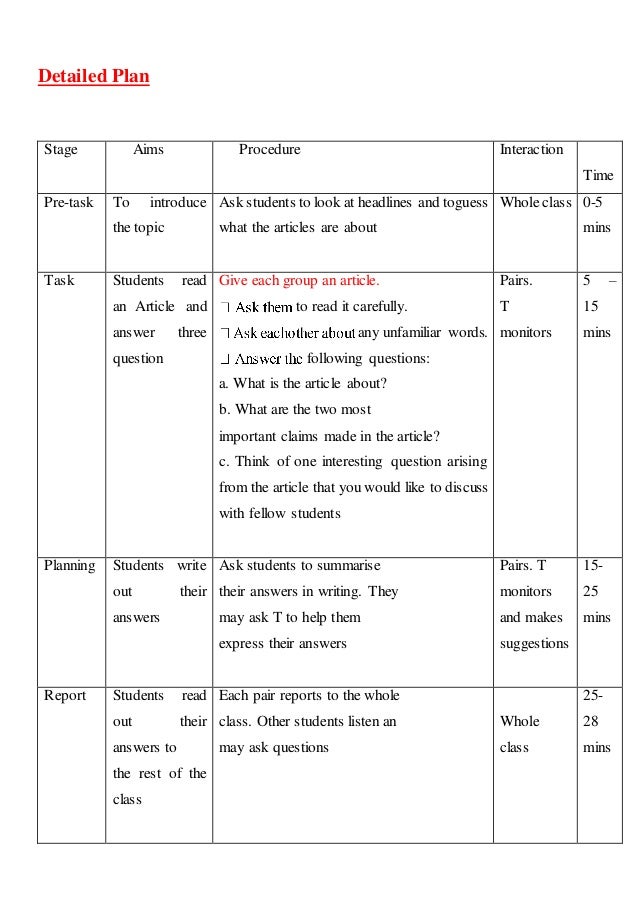
A Framework For Task Based Learning Willis Pdf To Word
Etap software free download crack version. Jane Willis appears to believe that Task-Based Learning is the best method of language learning, and that the classroom lessons should always follow the Task-Based Learning framework. In our bookclub, this was especially jarring, because we had just got done reading Jack Richard's essay ' Beyond Methods ' for our previous bookclub book. Methodology in language learning T-Kit 23 2 Task-Based Methodology Framework (Adapted from Willis, Jane 1996 A Framework for Task-Based Learning, Oxford: Longman).

(): April 3, 2018: May 9, 2018 Why I Read This Book / General Overview I read this book as part of the bookclub for professional development that a few of us have got going at work. We try to stick to the Cambridge recommended, (). This book was on the list, and moreover some of the other members thought it would be useful to read. Personally I thought it sounded pretty boring. ' A Framework for Task-Based Learning'! How boring could you get?
But boring didn't really matter. This is a bookclub for professional development not pleasure reading. So I went along with it. Once I got into it, I was pleasantly surprised at how readable the book was. Despite a very boring sounding title, the book is actually very engaging. Jane Willis has a lot of interesting ideas and thoughts on language learning.
And she is able to write these ideas in a very readable prose. (Jane Willis, by the way, was the wife of the late Dave Willis, whose book I read last year and also found very interesting. Dave Willis and were the pioneers of, and Jane Willis also seems to have a similar view--i.e.
A distrust of grammar rules, and an emphasis on learning lexical chunks.) In terms of readability, I found this book at its most interesting in the more theoretical chapters--when Jane Willis was talking about how languages are learned, and why task based learning is best suited to what we know about language learning. The middle chapters get into the technicalities of lesson staging, and this is very useful, although less interesting.
(I had problems with my eyes glazing over, and occasionally had to force myself to re-read pages when I realized that I hadn't been paying attention to what I was reading.) But what can you do? A book like this needs to get into the specifics if teachers are to implement it. (And again, this is professional development reading, not pleasure reading). Summary of the Arguments I was skeptical when I started this book. In part just because the name ' Task-Based Learning' sounds overly scholastic and boring to me. And in part because I've not been impressed with the Task-Based Learning curriculums I've encountered in the past.
In the past I've encountered task-based learning and project-based learning (similar to task-based learning) curriculums in which the tasks didn't engage the students, and getting through the lesson involved the teacher frog-marching the students through a task that they didn't really want to do. This made me cynical about TBL and PBL.